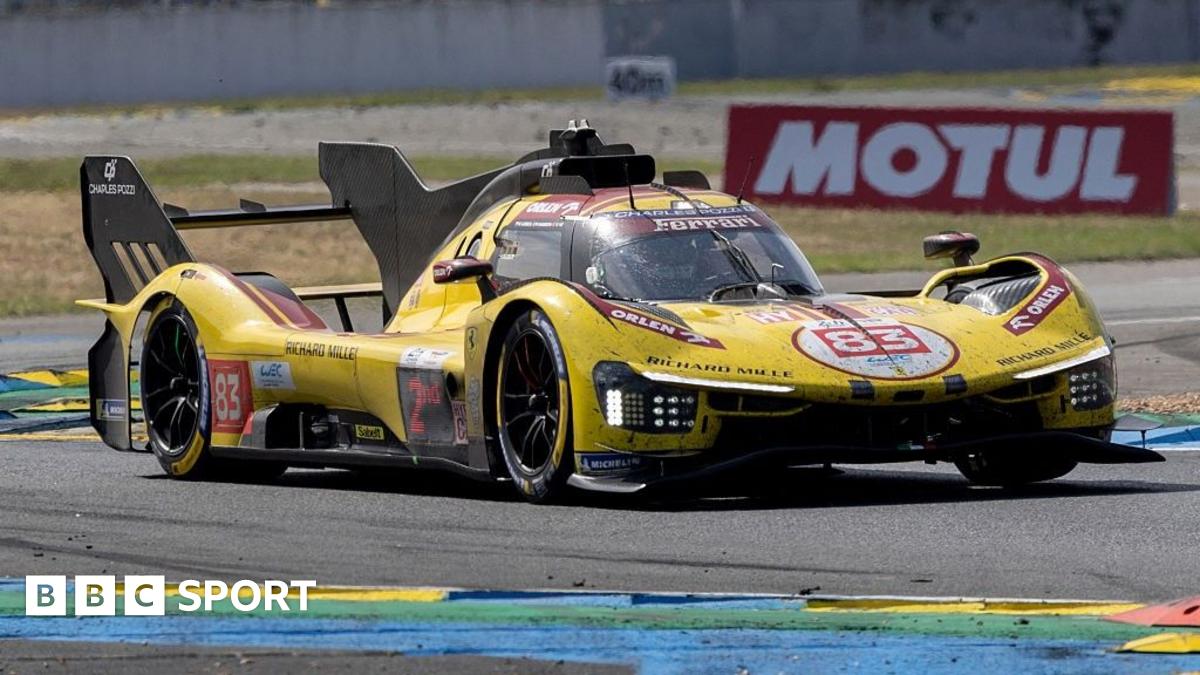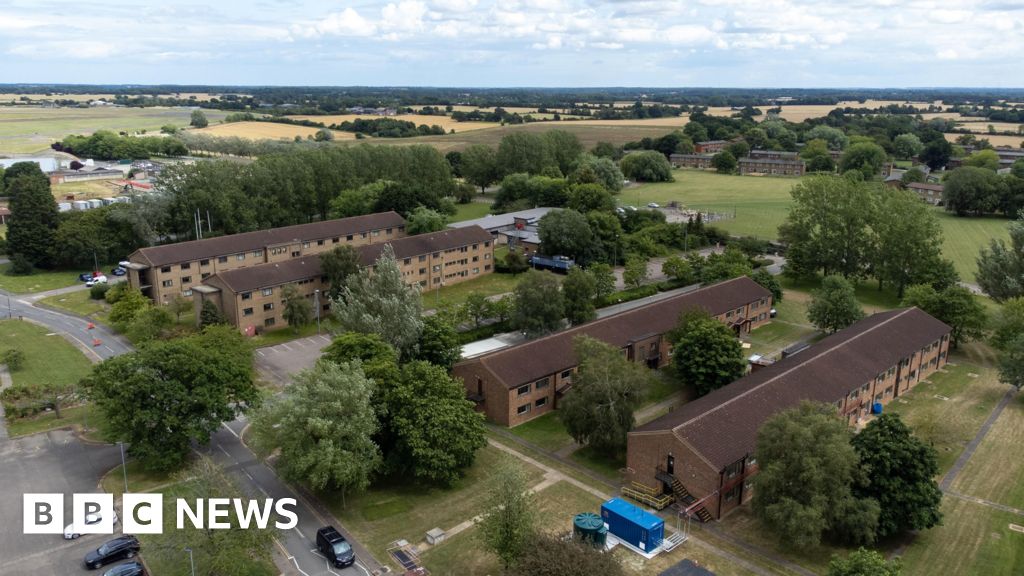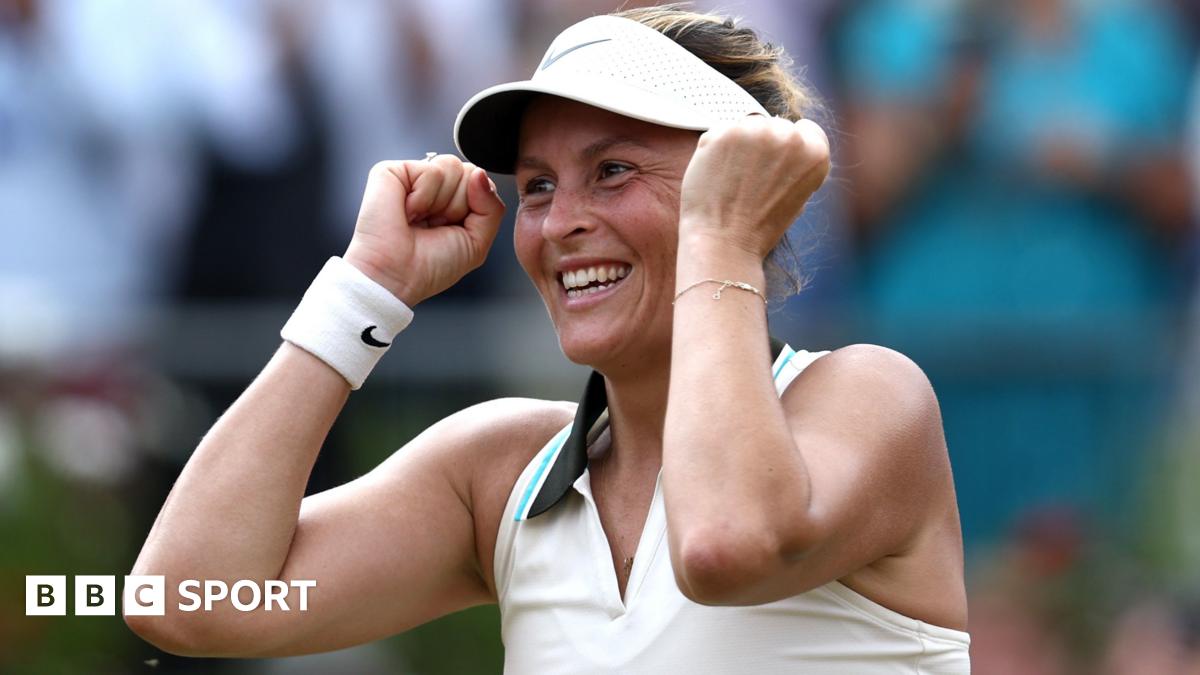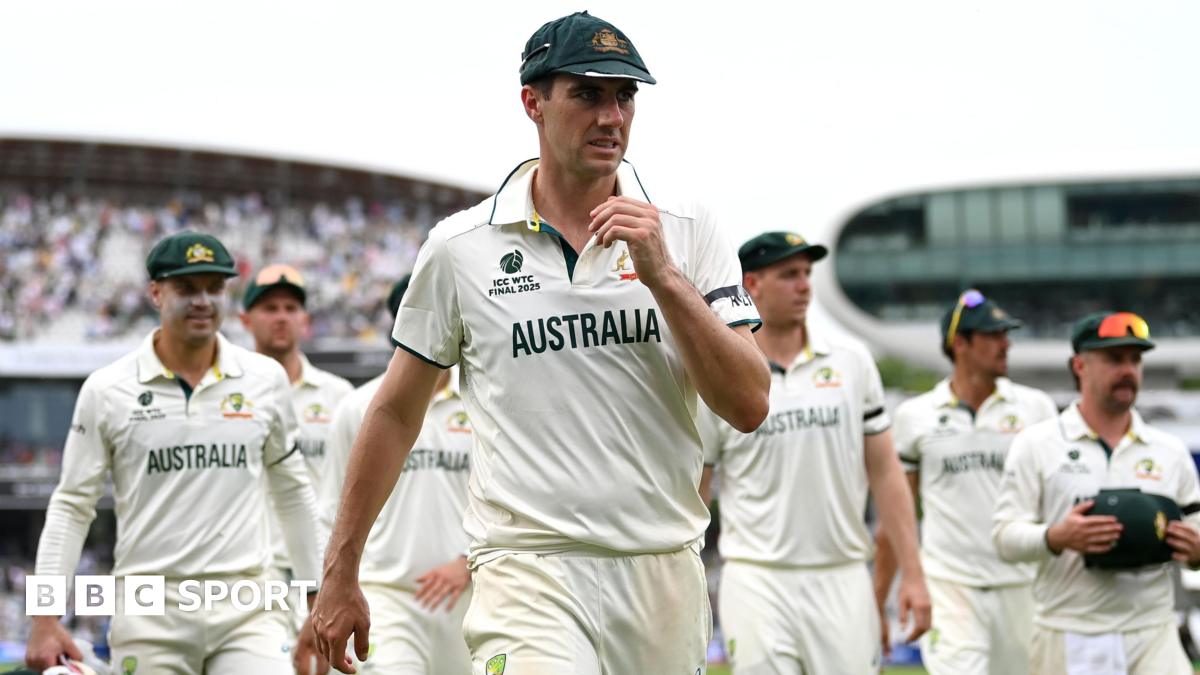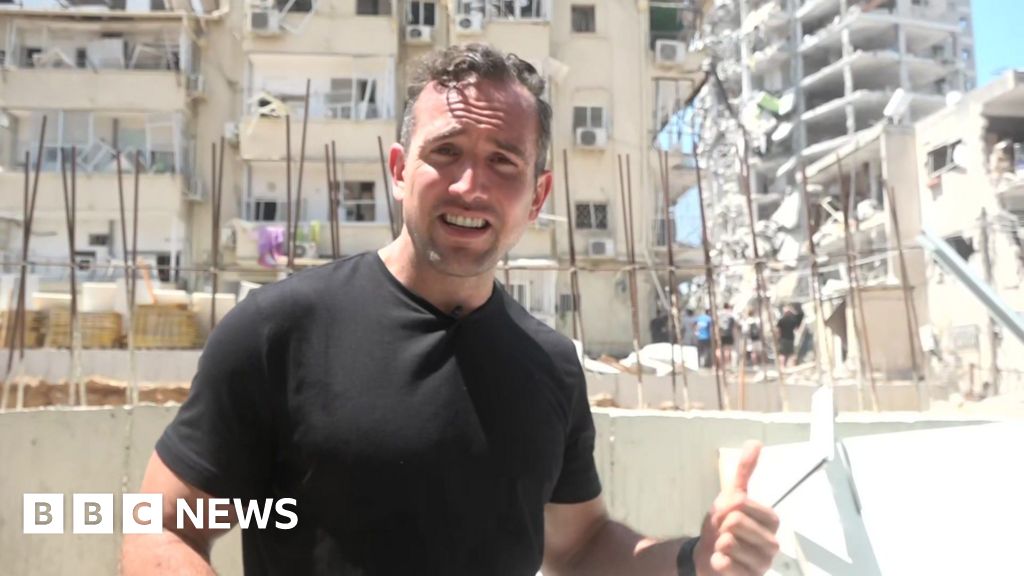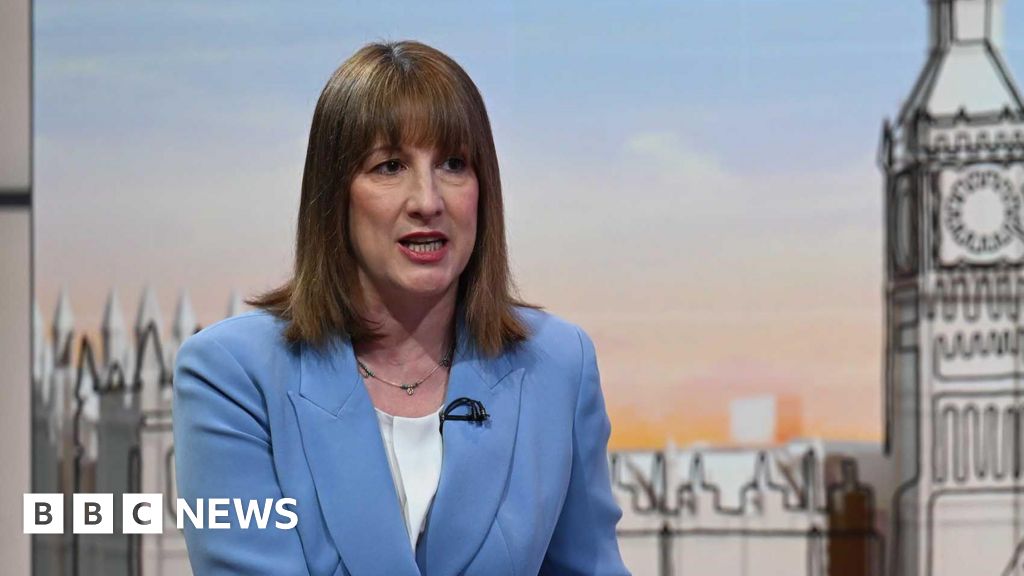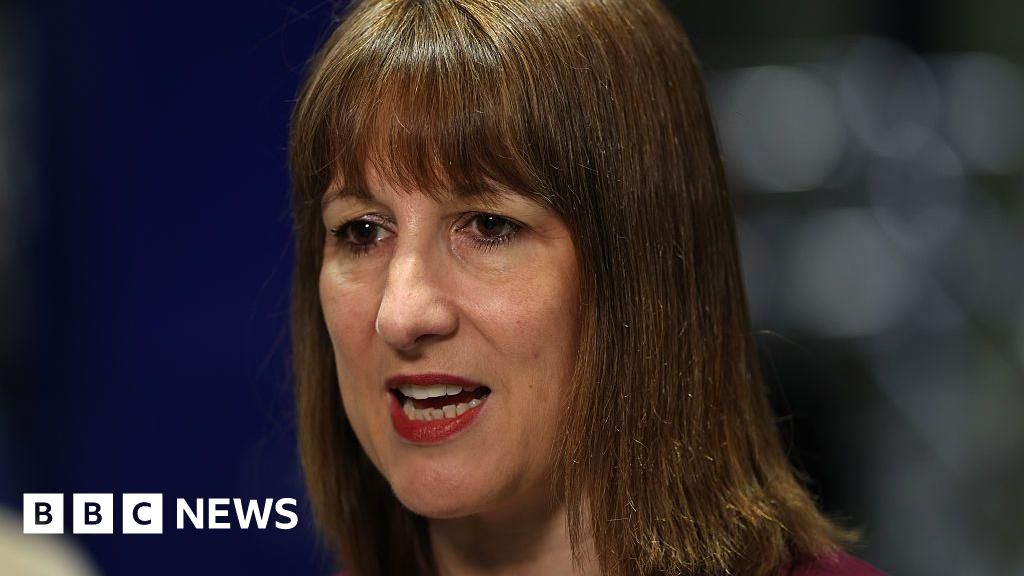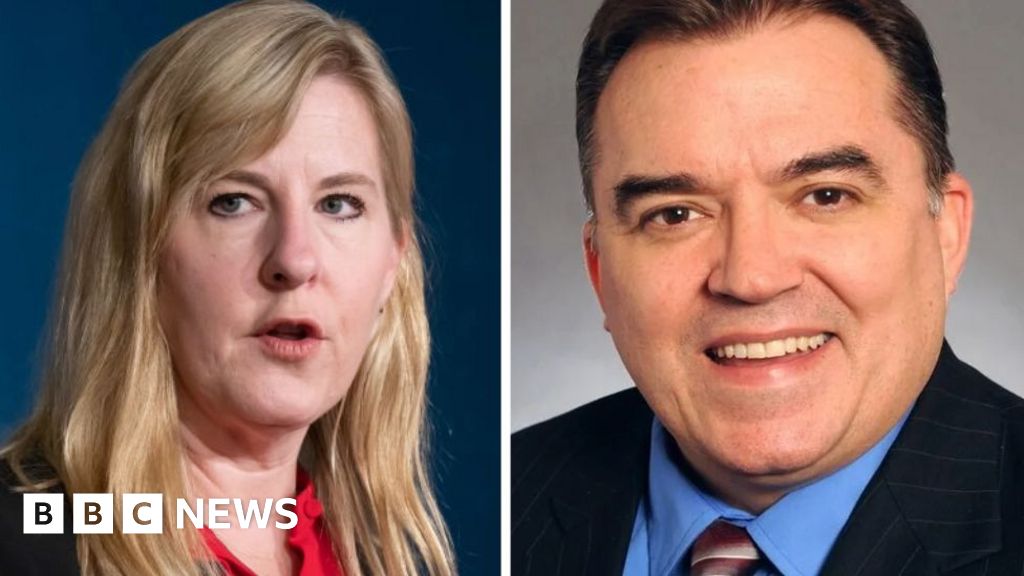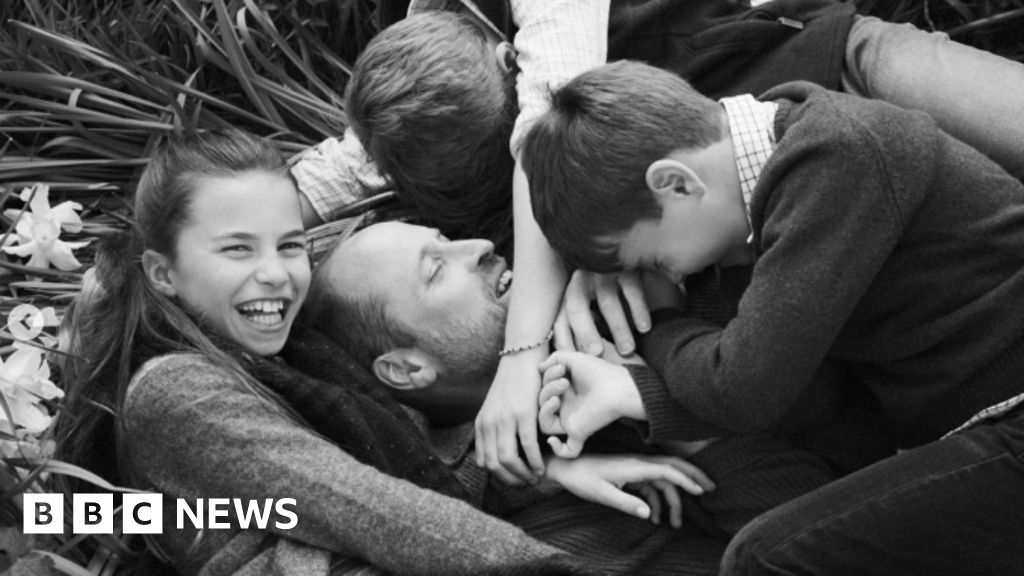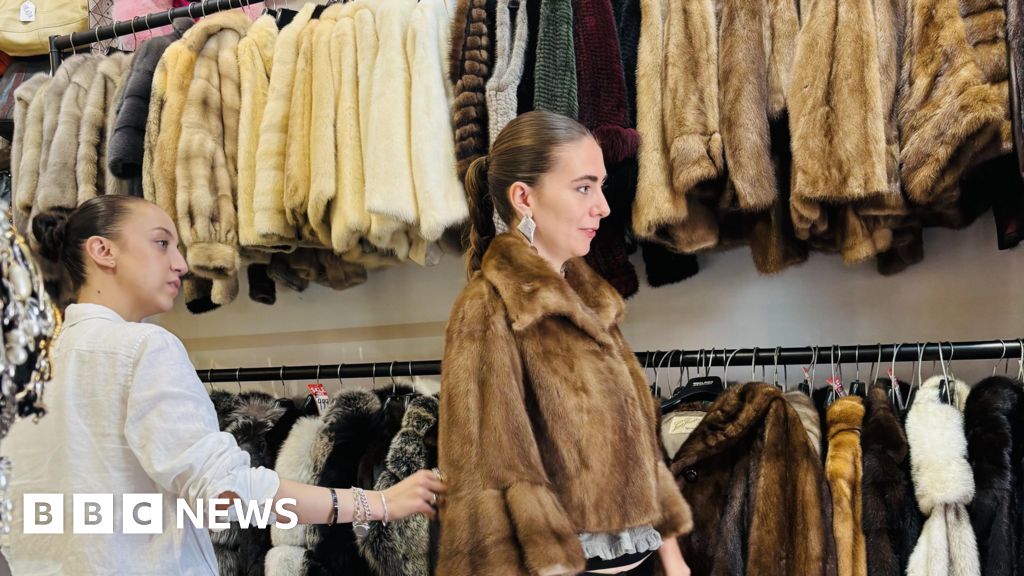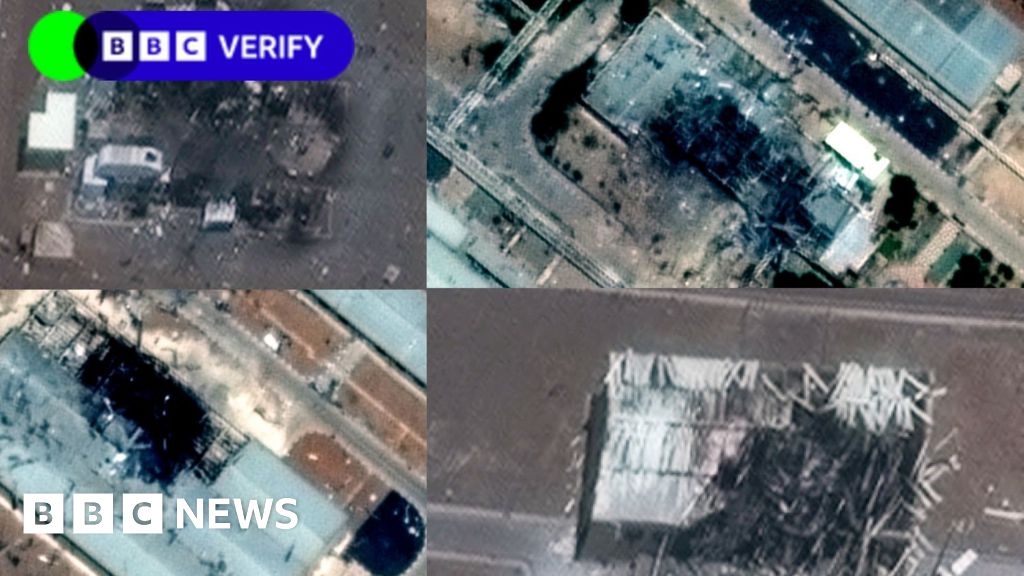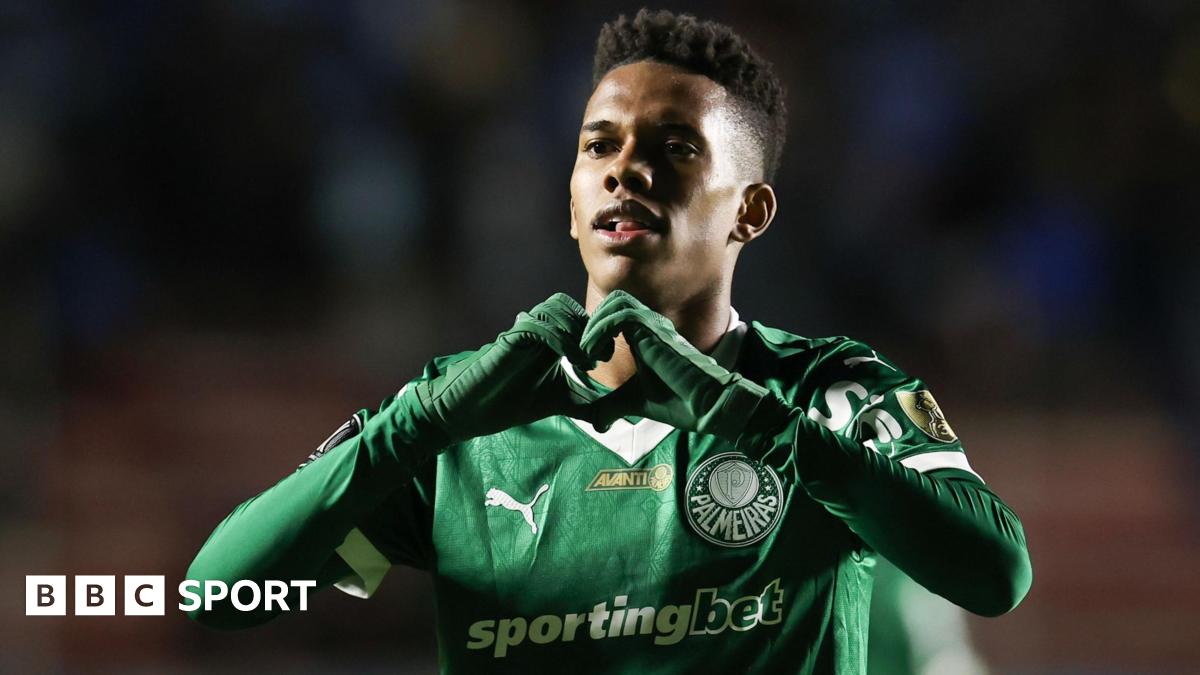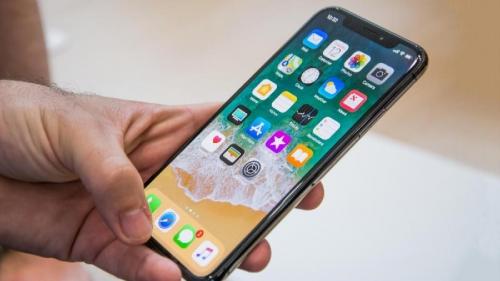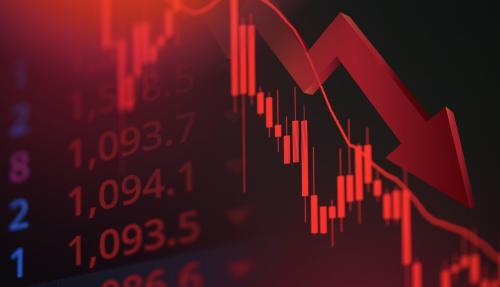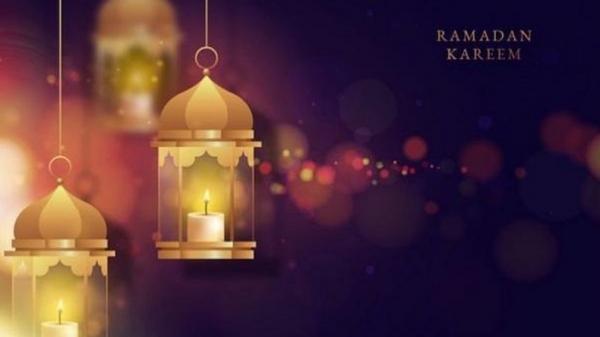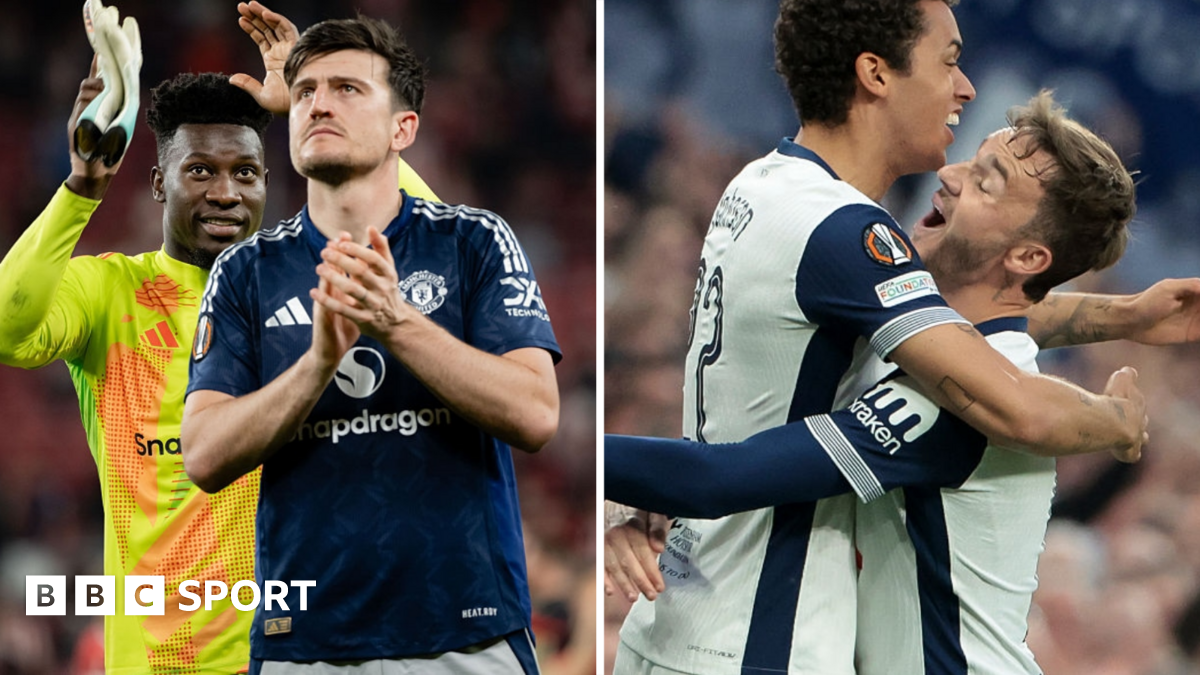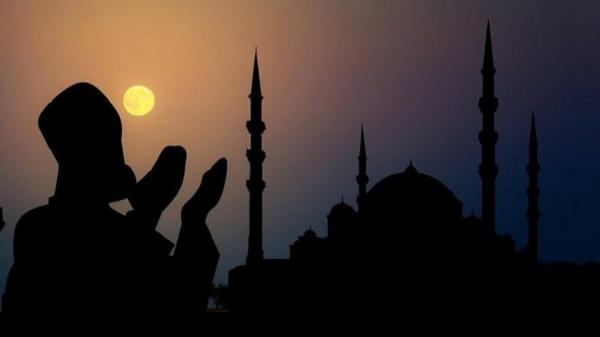Patrick Jackson
BBC News
Reporting fromLondon
A Russian missile attack on the Ukrainian city of Sumy, which killed 34 people - including two children - and injured 117 others, has been strongly condemned by Kyiv's Western allies.
Two ballistic missiles struck the city centre mid-morning on Sunday, exploding near the state university and congress centre, leaving bloodied bodies scattered in the streets.
US Secretary of State Marco Rubio called the attack "horrifying" while Germany's chancellor-in-waiting, Friedrich Merz, accused Russia of committing a war crime.
There was no immediate official comment on the attack from Russia, whose forces across the nearby border are said to be preparing for a major offensive.
The attack comes as the US, Ukraine's strongest military ally, has been pursuing an end to the war - now in its fourth year - through negotiation under President Donald Trump.
Ukraine's leader Volodymyr Zelensky has urged Trump himself to visit Ukraine and see the devastation brought by Russia's invasion.
"Please, before any kind of decisions, any kind of forms of negotiations, come to see people, civilians, warriors, hospitals, churches, children destroyed or dead," he said on Sunday in an interview for CBS's 60 Minutes programme.
Offering his condolences to the victims' loved ones, Rubio, the US secretary of state, said the attack was a "tragic reminder" of why the Trump administration was "putting so much time and effort into trying to end this war".
Earlier, Trump's special envoy to Ukraine, retired Lt-Gen Keith Kellogg, used stronger language, saying the attack had crossed "any line of decency".
Merz, who is expected to take over as Germany's new chancellor next month, told German public broadcaster ARD that the attack on Sumy constituted a "serious war crime".
"It was a perfidious act.. and it is a serious war crime, deliberate and intended," the conservative politician said.
Germany's outgoing Chancellor Olaf Scholz, meanwhile, said the attack showed "just what Russia's supposed readiness for peace [was] worth".
French President Emmanuel Macron accused Russia of "blatant disregard of human lives, international law, and the diplomatic efforts of President Trump".
"Strong measures are needed to impose a ceasefire on Russia," he said. "France is working tirelessly toward this goal, alongside its partners."
Describing the attack as "barbaric", European Commission President Ursula von der Leyen added: "Russia was and remains the aggressor, in blatant violation of international law.
"Strong measures are urgently needed to enforce a ceasefire. Europe will continue to reach out to partners and maintain strong pressure on Russia until the bloodshed ends and a just and lasting peace is achieved, on Ukraine's terms and conditions."
British Prime Minister Sir Keir Starmer also gave a view, saying he was "appalled at Russia's horrific attacks on civilians in Sumy".
A spokesperson for UN Secretary-General António Guterres said he was "deeply alarmed and shocked" to learn of the missile attack.
"Attacks against civilians and civilian objects are prohibited under international humanitarian law, and that any such attacks, wherever they occur, must end immediately", he added.
Guterres stressed the UN's support for "meaningful efforts towards a just, lasting and comprehensive peace that fully upholds Ukraine's sovereignty, independence and territorial integrity".
Sunday's double missile strike was the deadliest attack on civilians in Ukraine this year.
Another Russian missile attack, earlier this month on 4 April, killed 20 people and injured 61 in the city of Kryvyi Rih.
On that occasion, Russia's defence ministry said it had targeted a meeting of "unit commanders and Western instructors" in a restaurant. No evidence was provided.
It is estimated that hundreds of thousands of people - the vast majority of them soldiers - have been killed or injured on all sides since Russia launched a full-scale invasion of Ukraine on 24 February 2022.
The UN estimates that nearly seven million Ukrainians are currently living as refugees.
The conflict goes back more than a decade, to 2014, when Ukraine's pro-Russian president was overthrown. Russia then annexed the Black Sea peninsula of Crimea and backed insurgents in bloody fighting in eastern Ukraine.
.png)
 2 months ago
32
2 months ago
32



